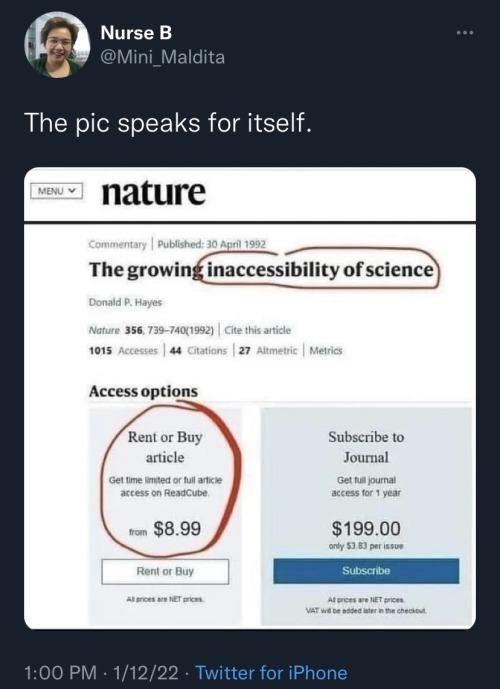More Posts from Csmsdust and Others
✿ scientist-in-training ask game! ✿
🥼 a scientist you admire, current or historical
🔬 a science class you loved, and why
📚 a topic/subject/concept you want to understand better
🪐 something you learned this week
🧪 dream research topic
🔭 what sparked your interest in science/your field?
🧬 study strategy you use frequently
🌿 something you'd like to change about your field
🐁 a popular science book you recommend
🌏 a fun fact from your area of study





Orache moth, Trachea atriplicis, Noctuidae
Photographed in France by Matthieu Berroneau
Shared with permission; do not remove credit or re-post!



The incredibly stunning Port Jackson Shark, which lives on coastal reefs in Australia

Though it can be solitary it prefers to stay in small groups and explore the sea floor with its friends



What I love most about this shark is how surreal it looks due to the patterns of its skin

It is friendly and curious of people

An oviparous shark, it lays spiral eggs to keep the current from dragging babies into the open ocean

Probably the coolest shark jaw I’ve ever seen, most of its teeth are round and flat in order to crush clams and mollusks

Robert Anton Wilson, Quantum Psychology



Lucian Black, Luciferian Order
“Imagine what it would look like if ChatGPT were a lossless algorithm. If that were the case, it would always answer questions by providing a verbatim quote from a relevant Web page. We would probably regard the software as only a slight improvement over a conventional search engine, and be less impressed by it. The fact that ChatGPT rephrases material from the Web instead of quoting it word for word makes it seem like a student expressing ideas in her own words, rather than simply regurgitating what she’s read; it creates the illusion that ChatGPT understands the material. In human students, rote memorization isn’t an indicator of genuine learning, so ChatGPT’s inability to produce exact quotes from Web pages is precisely what makes us think that it has learned something. When we’re dealing with sequences of words, lossy compression looks smarter than lossless compression.”
— Ted Chiang’s essay about ChatGPT is required reading
-
 myaamango reblogged this · 6 months ago
myaamango reblogged this · 6 months ago -
 myaamango liked this · 7 months ago
myaamango liked this · 7 months ago -
 csmsdust reblogged this · 7 months ago
csmsdust reblogged this · 7 months ago

